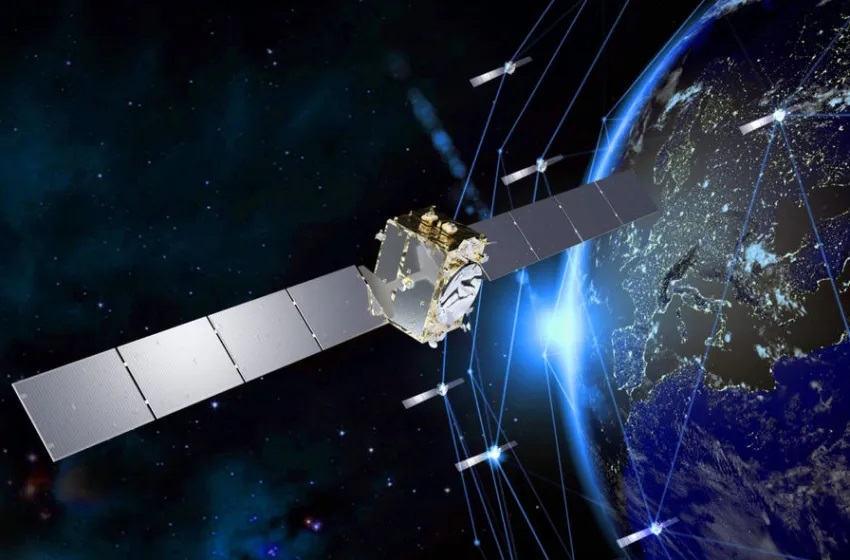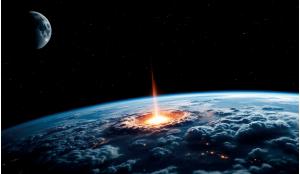The European Union (EU) has launched an ambitious €10.6 billion space programme for a constellation of 290 satellites that will rival Elon Musk’s Starlink and is intended to ensure Europe's sovereignty and secure connectivity amid increasing global concerns over cybersecurity.
A contract to deliver the multi-orbital satellite constellation was signed this week in Brussels by the European Commission with the SpaceRISE, a consortium specially created to deliver IRIS² (Infrastructure for Resilience, Interconnectivity and Security by Satellite).
IRIS² is the European Union's (EU) third flagship space programme, after Galileo and Copernicus, and is designed to address pressing long-term challenges in security, safety and resilience.
“By offering advanced connectivity services to governmental users and bridging connectivity gaps across EU member countries, IRIS² underpins Europe's strategic autonomy and technological leadership,” the Commission stated.
It says the IRIS² system will leverage the advantages of both medium Earth orbit (MEO) and low Earth orbit (LEO) satellites, providing secure connectivity services for EU Member States and governmental authorities, and high-speed broadband for private companies and European citizens, including coverage in connectivity-deprived zones.
The SpaceRISE consortium includes three leading European satellite network operators - SES SA, Eutelsat SA and Hispasat SA - supported by a core team of European subcontractors from the satcom ecosystem, including Thales Alenia Space, OHB, Airbus Defence and Space, Telespazio, Deutsche Telekom, Orange, Hisdesat and Thales SIX.
Emphasising a commitment to competitiveness and innovation, the collaboration is designed to ensure that Small and Medium Enterprises (SMEs) and new market entrants have opportunities within the supply chain. The 12-year contract is based on a public-private partnership that is targeted to enable both governmental and commercial connectivity services by 2030.
To ensure financial sustainability, the EU Commission will make initial budgetary commitments under its current multi-annual financial framework, with funding beyond 2027 being subject to the adoption of successor programmes by the European Parliament and Council.
“IRIS² is not just a technological achievement - it is a testament to Europe’s ambition and unity,” said Henna Virkkunen, Executive Vice-President for Tech Sovereignty, Security and Democracy.
“This cutting-edge constellation will protect our critical infrastructures, connect our most remote areas and increase Europe’s strategic autonomy. By partnering with the SpaceRISE consortium, we are demonstrating the power of public-private collaboration to drive innovation and deliver tangible benefits to all Europeans.”
Andrius Kubilius, Commissioner for Defence and Space, described it as a vision for a stronger, more connected and more resilient Europe. “IRIS² demonstrates the Union’s resolve and commitment to strengthening Europe’s space global posture both in terms of security and competitiveness to the benefit of our governments, businesses and citizens,” he added.
To date Europe has been served by a combination of state-licensed satellite networks providing coverage from Ireland to eastern Europe, networks which enable TV and internet as well as defence, weather and border surveillance functions.
More recent technological advances mean the new network of just under 300 high- and lower-powered satellites will provide the equivalent of 1,000 satellites in a ‘mega constellation’ similar to Starlink.
Editor’s comment: Whilst nearly all of the top European space companies will be involved in IRIS², British space firms will not be among them. Though the UK previously played an active role in the EU’s space programme, previous British governments severed all ties post-Brexit - so unless something changes this announcement represents a further widening of Europe’s security gap with the UK. Britain could apply to be part of the programme under article 218, or even in R&D aspects through ESA, but so far has shown no interest.
EU to launch advanced constellation to counter Musk’s Starlink











